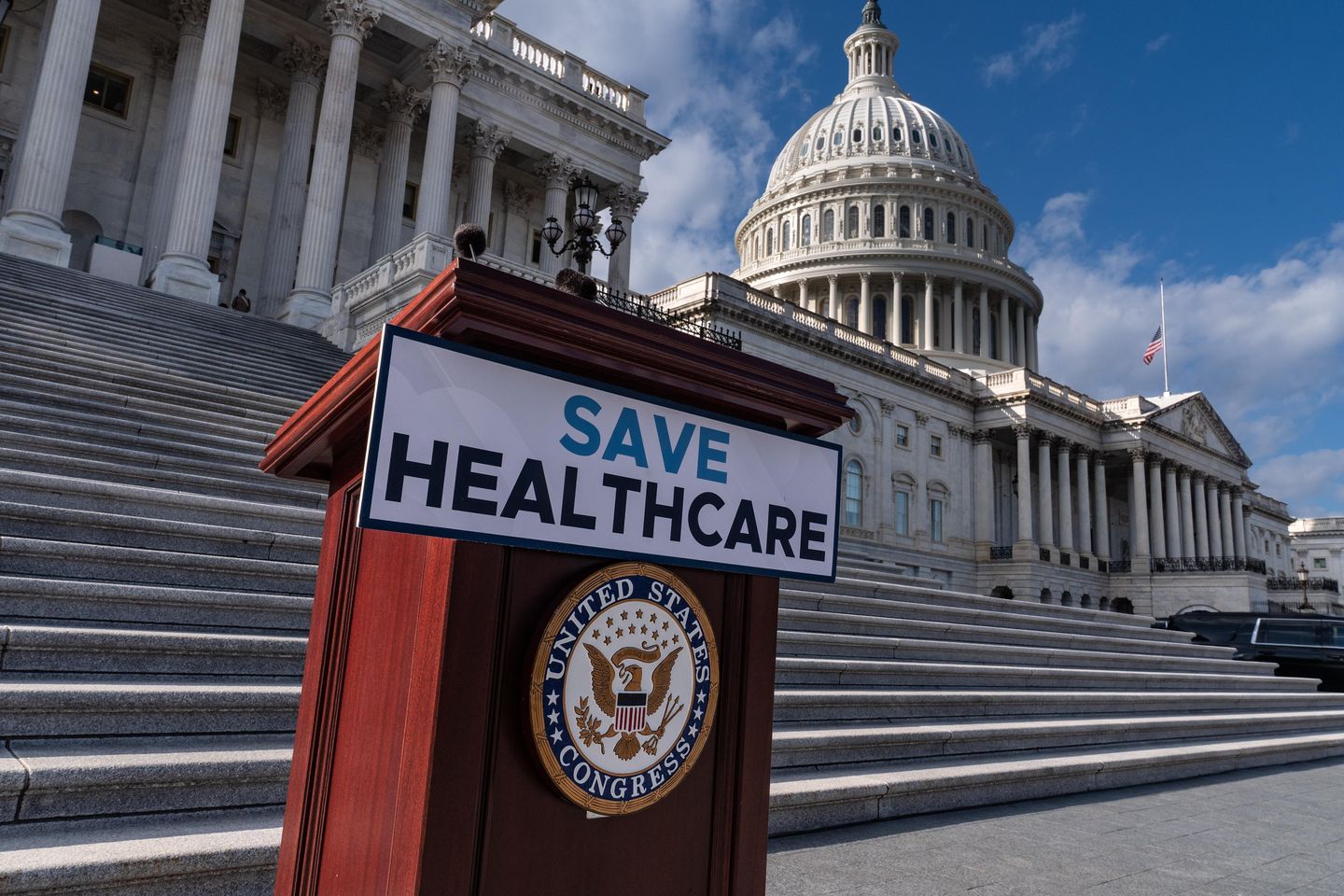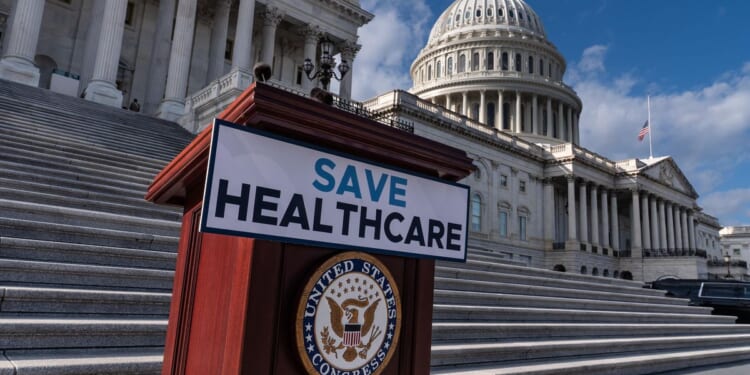
Don’t miss the full story from our staff writers, whose reportage is the basis of this article.
Congress faces a tight deadline to negotiate a health care deal before enhanced Obamacare subsidies expire on December 31, giving lawmakers less time than the 43 days it took to end the recent government shutdown.
The negotiations center on whether to extend COVID-era premium tax credits that benefit 22 million Americans who could see their insurance costs double without them.
Democrats are pushing to extend the enhanced subsidies, which were expanded in 2021 to allow people earning above 400% of the federal poverty level—currently $62,600 for individuals or $128,600 for families of four—to qualify for assistance. The subsidies also reduced maximum out-of-pocket contributions to between 0% and 8.5% of household income. Without extension, those contributions would rise to 2.1% to 9.96% for those under the income threshold, while higher earners would lose subsidies entirely.
Republicans largely oppose propping up Obamacare, arguing the subsidies are a “boondoggle to insurance companies.” House Speaker Mike Johnson said Republicans would demand significant reforms before considering any extension. President Trump has proposed redirecting subsidy money directly to consumers rather than insurance companies, allowing people to shop for private plans and negotiate their own coverage.
Several bipartisan proposals have emerged in the House. Representatives Brian Fitzpatrick and Tom Suozzi proposed a two-year extension with fraud prevention guardrails and phasing out subsidies for people earning over $200,000. Another bill from Representatives Sam Liccardo and Kevin Kiley would extend subsidies for two years with an income cap at 600% of the federal poverty level—$93,900 for individuals or $192,900 for families.
Senate Republicans are exploring alternatives aligned with Trump’s vision. Senator Bill Cassidy is proposing pre-funded Flexible Spending Accounts for health expenses like eyeglasses, dental care, and prescription drugs, though not insurance premiums. Senator Rick Scott is drafting legislation for Health Savings Accounts that would give consumers money to purchase their own plans.
Democrats express openness to adjustments including income caps and fraud prevention measures.
Representative Don Beyer noted that HSAs have limited appeal and wouldn’t prevent insurance companies from profiting. Senator Jeanne Shaheen said there’s room to discuss preventing insurers from profiting off government assistance designed for consumers.
Nebraska Representative Don Bacon suggested a temporary extension would buy time for longer-term solutions, acknowledging that major reforms like separating high-risk individuals into separate insurance pools cannot be implemented by year’s end. However, widespread GOP opposition to supporting Obamacare may prevent any deal, despite bipartisan interest in short-term solutions.
Read more: Congress under pressure to lower skyrocketing health care costs
This article is written with the assistance of generative artificial intelligence based solely on Washington Times original reporting and wire services. For more information, please read our AI policy or contact Ann Wog, Managing Editor for Digital, at awog@washingtontimes.com
The Washington Times AI Ethics Newsroom Committee can be reached at aispotlight@washingtontimes.com.








